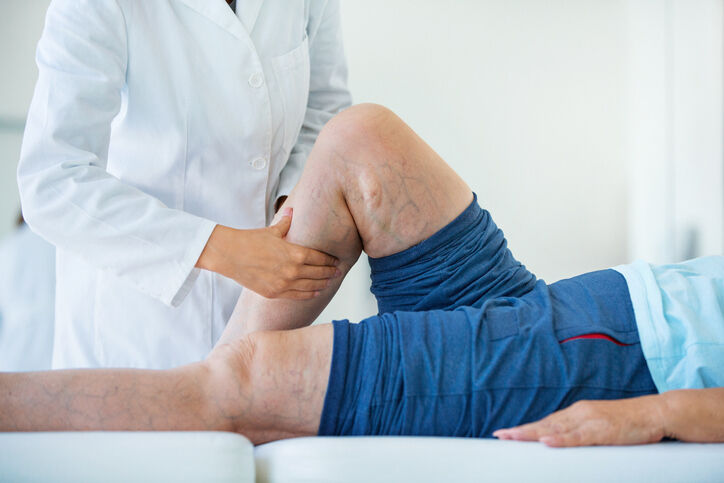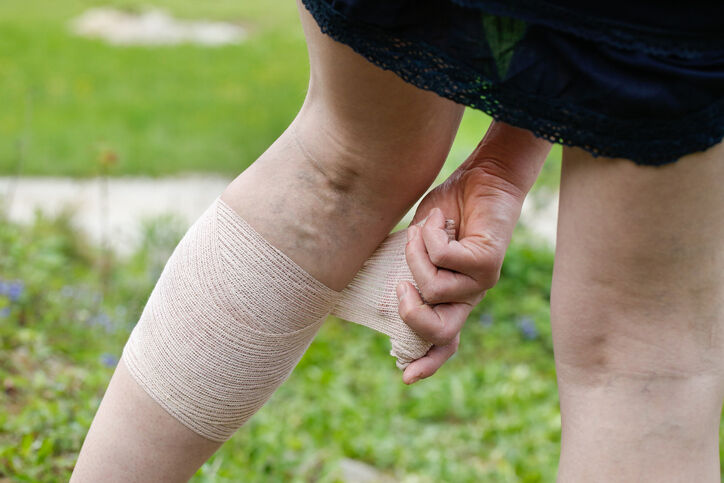Sores on the legs may take a while to heal, but you can speed up the process with guidance from a vein specialist at Center for Vein Restoration.
According to the Cleveland Clinic, stubborn sores on the legs affect about one percent of adults in the United States. Leg sores, also known as venous ulcers, are more prevalent among older adults, with five percent of those over 65 suffering from a non-healing sore or a sore that takes longer than two weeks to heal. Another study estimated five percent of Medicare beneficiaries, or more than 8 million people, needed wound care for their leg ulcers.
Most leg sores are due to venous insufficiency, a condition stemming from poor blood circulation in the leg veins. A board-certified vascular specialist, such as one at Center for Vein Restoration (CVR), can treat the ulcer on your leg before the condition gets progressively worse.
What’s the root cause of sores on the leg?
Inside your leg veins are tiny valves that fight against gravity to push blood upward to the heart. If these valves weaken, blood pools within the vein, leading to pain, swelling, and varicose veins. As the blood pressure builds within the vein, the delicate skin and tissue may break into a sore, most often around the ankles. The sores will appear as shallow wounds that ooze pus and smell unpleasant, and the surrounding skin may be tight and shiny.
Usually, if the skin is cut or bruised, blood rushes to the area to heal it. However, venous insufficiency prevents restorative blood from reaching the wound, which can cause the sores to take longer to heal.
How do I treat sores on my leg?
In addition to causing pain, venous ulcers can negatively impact your quality of life and make it difficult to accomplish everyday tasks. You may also feel self-conscious about wearing clothes that show your legs. Fortunately, treatment options are widely available under the direction of a board-certified vascular specialist. Delaying treatment will only make the leg sore harder to heal.
Your doctor may initially recommend a conservative treatment plan that you can do at home. Remember that the most critical element of at-home care is to keep the wound as clean and dry as possible. Wearing compression stockings and elevating your legs for 30 minutes daily can effectively promote blood circulation in the legs. Depending on the severity of the wound, your doctor may prescribe antibiotics to prevent an infection or perform a wound debridement to remove dead skin.
How do I prevent sores on my legs?
Several risk factors, including gender, heredity, age, and obesity, can contribute to vein disease, the root cause of venous ulcers. Working at a job where you sit or stand all day can also strain your veins and can lead to vein disease. If you suffer from varicose veins, seek treatment as soon as possible! Varicose veins can often lead to venous ulcers, especially if left untreated, and today’s minimally invasive treatments are quick and virtually painless.
As for preventative measures, don’t underestimate the power of exercising. Walking, biking, and swimming all engage the calf muscles to help the veins pump blood. When you’re not exercising, remember to put on a pair of compression stockings. Maintaining uninterrupted blood circulation in your leg veins will decrease the chance for leg sores and other complications to develop.
Your vein care specialists in the Atlanta area
Center for Vein Restoration (CVR) operates three offices in the Atlanta area, each staffed by a board-certified vein specialist and a team who has successfully treated hundreds of patients suffering from venous ulcers and other vascular disorders.
Keith S. Moore, MD, is a board-certified general surgeon specializing in vein procedures.
Louis Prevosti, MD, FACS, is a board-certified physician in thoracic and cardiovascular surgery.
James Fonger, MD, FRCS, is a board-certified physician in general and cardiovascular surgery.
Learn more about what we can do for you by contacting our offices today to schedule an appointment or to speak with a representative.
Don't live near an Atlanta CVR vein clinic location? No problem! With over 100 vein clinic locations in 22 states and the District of Columbia, there's sure to be a CVR vein center near you.
Camp Creek Medical Center
3886 Princeton Lakes Way
Suite 140
Atlanta, GA 30331
Northside Center Pointe
1100 Johnson Ferry Road NE
Suite 165
Atlanta, GA 30342
Gwinnett Professional Center
601 Professional Drive
Suite 170
Lawrenceville, GA 30046
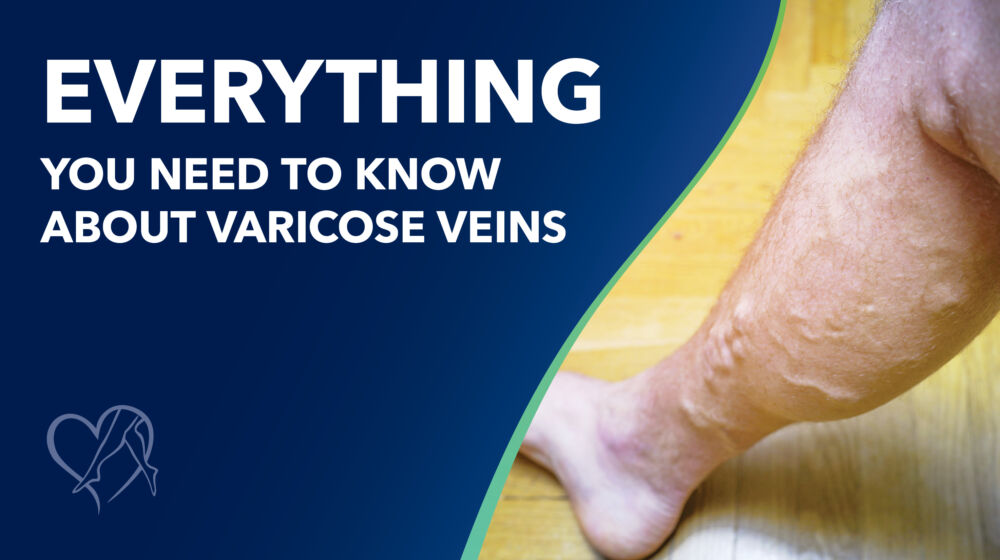
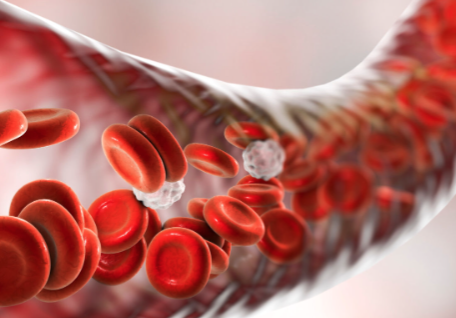 About Vein Disease
About Vein Disease
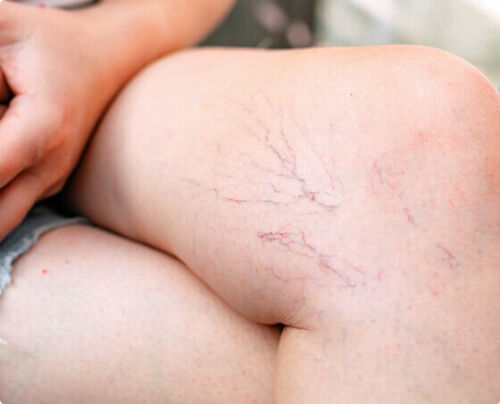 Spider Veins
Spider Veins
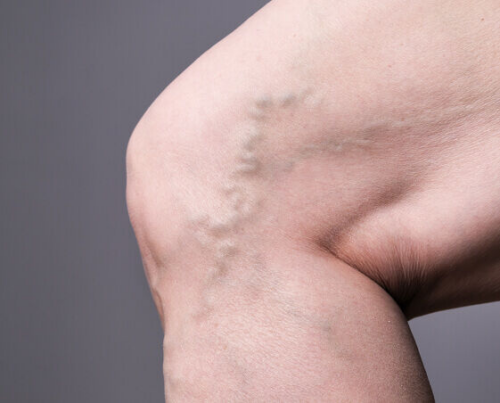 Varicose Veins
Varicose Veins
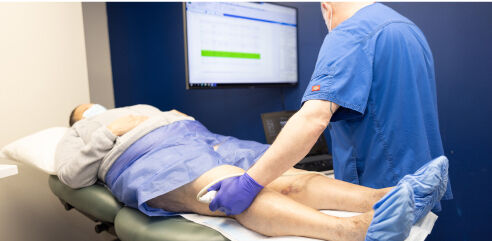 Vein Disease Treatments
Vein Disease Treatments
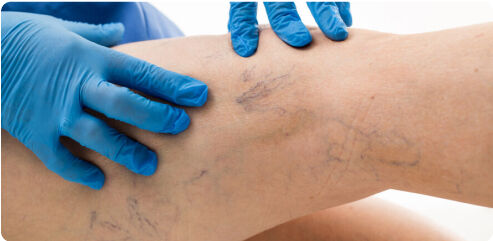 Treating Spider Veins
Treating Spider Veins
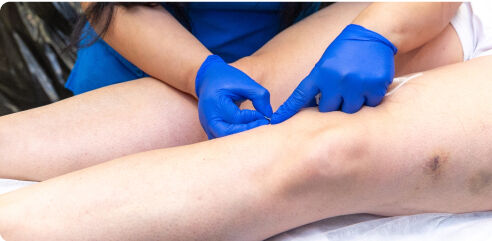 Treating Varicose Veins
Treating Varicose Veins
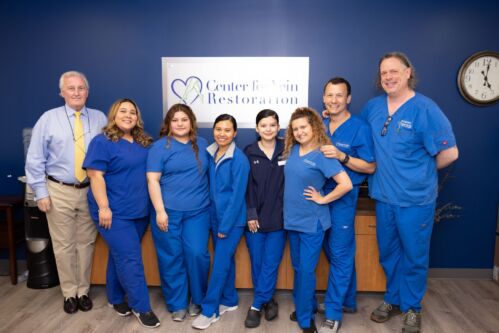 About Us
About Us
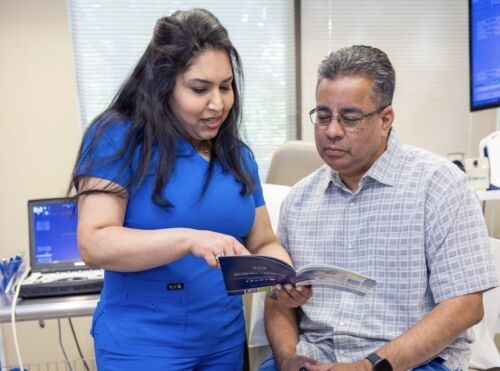 Patient Resources
Patient Resources
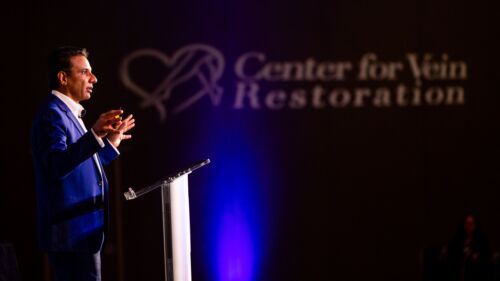 Physician Resources
Physician Resources

